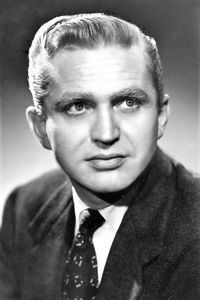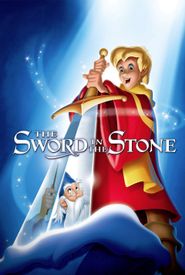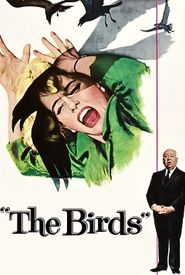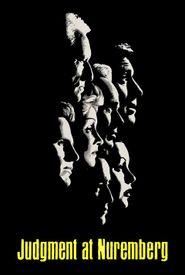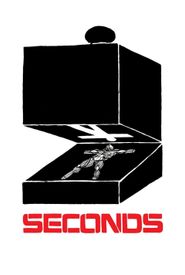Karl Swenson, a celebrated American thespian, left an indelible mark on the realms of theatre, radio, film, and television, his impressive repertoire a testament to his dedication and talent.
Born on July 23, 1908, in the bustling metropolis of Brooklyn, New York, Swenson's early life was influenced by his Swedish heritage, his parents' cultural background shaping his formative years.
Initially, Karl Swenson pursued a career in the medical profession, enrolling at Marietta College and embarking on pre-medical studies, a path that seemed promising and respectable.
However, as his passion for acting continued to grow, Swenson eventually made the bold decision to leave the medical field behind, opting instead to follow his heart and pursue a life in the performing arts.
Swenson's illustrious career in radio, which spanned an impressive period from the 1930s to the 1950s, was a testament to his remarkable versatility and exceptional talent. He effortlessly navigated the various roles and formats, cementing his status as a master of his craft.
As the war efforts intensified, Swenson's focus shifted towards the film industry, marking his entrance into the world of cinema in 1943. He made his debut with two critically acclaimed wartime documentary shorts, December 7 and The Sikorsky Helicopter, which showcased his remarkable acting prowess and versatility.
This initial foray into film paved the way for a prolific career, with Swenson going on to appear in an astonishing thirty-five feature films and television movies. His tireless dedication and unwavering commitment to his craft earned him a reputation as a talented and accomplished actor, leaving an indelible mark on the industry.
Throughout his illustrious career, Swenson's versatility, talent, and dedication to his craft made him a household name, and his legacy continues to inspire and influence generations of actors and filmmakers to this day.
Notable actor, he was, with a career spanning many iconic roles, one of which was as the doomsayer in the renowned film, The Birds, directed by the illustrious Alfred Hitchcock, in the year 1963. His filmography also boasts a diverse range of notable movies, including The Prize, released in the same year, as well as Major Dundee, The Sons of Katie Elder, The Cincinnati Kid, and Seconds, all of which were showcased in the mid-1960s.
As the decade progressed, Swenson continued to appear in various films, such as Hour of the Gun and Brighty of the Grand Canyon, both of which were released in the late 1960s. In the latter film, he took on the role of U.S. President Theodore Roosevelt, a testament to his versatility as an actor.
Swenson's later cinematic endeavors comprised a diverse array of roles in various film productions, including the notable 1970 releases 'tick...tick...tick...' and 'The Wild Country', which showcased his versatility as an actor. He also made appearances in the 1971 film 'Vanishing Point', a classic thriller that has stood the test of time, as well as the 1972 western 'Ulzana's Raid', further demonstrating his range as a performer.
Throughout his illustrious career, Swenson was married to the talented actress Joan Tompkins, a union that undoubtedly brought joy and support to his personal and professional life.
Noted actor Michael Landon's close friend and co-star, Victor French, had a life that was tragically cut short, as he succumbed to a heart attack on October 8, 1978, at Charlotte Hungerford Hospital in Torrington, Connecticut, leaving behind a lasting impact on those who knew him. The eerie coincidence that his character's demise was foreshadowed in the Little House on the Prairie episode he was filming, which aired a mere eight days later on October 16, 1978, only serves to underscore the sense of loss and tragedy that surrounded his untimely passing. French was laid to rest in his final resting place at Center Cemetery in New Milford, Connecticut, where he remains to this day.
